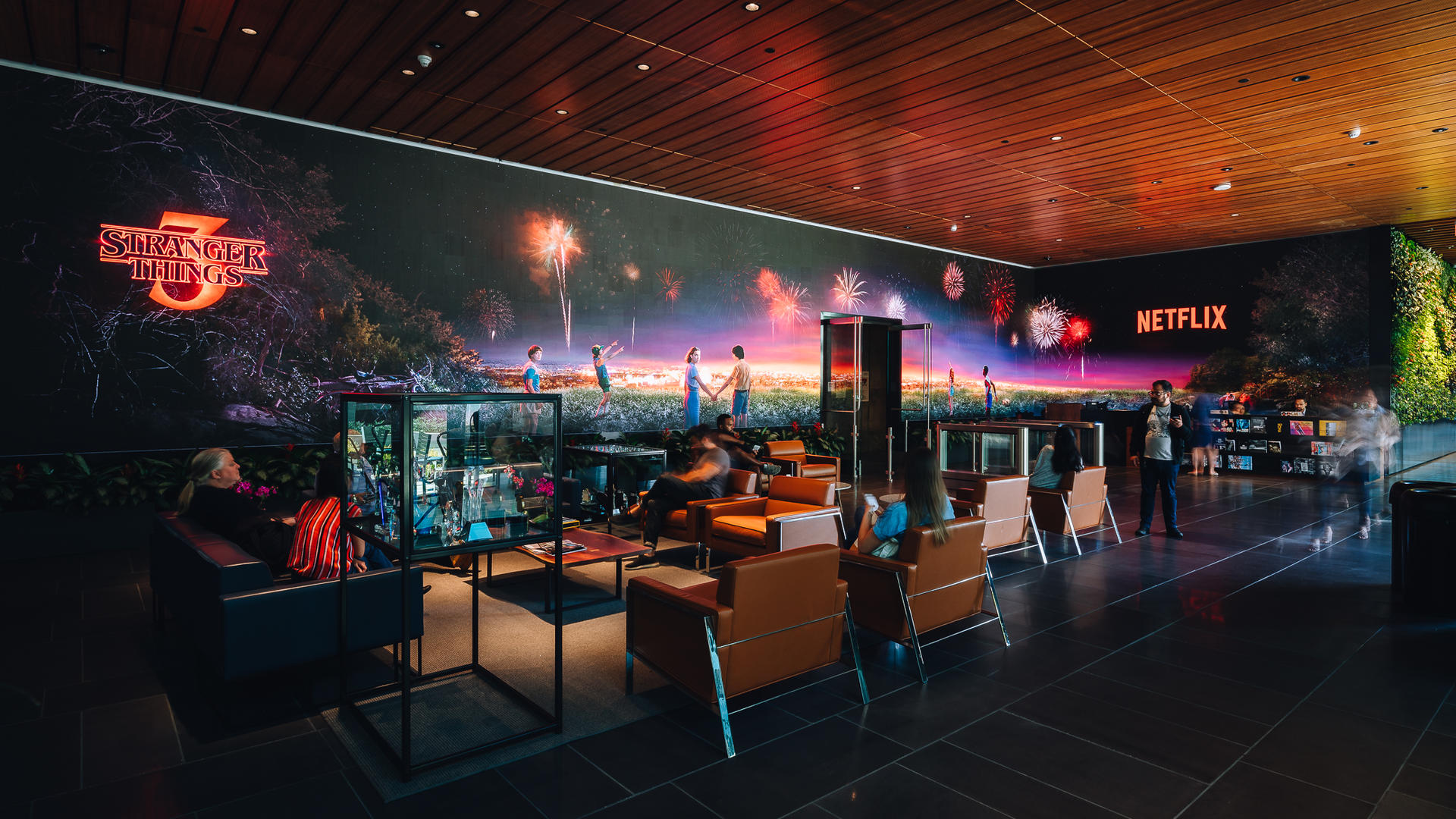

"I was very careful doing it, but there were some times where I just skipped profanity or something like that and I was warned like, 'Oh look, there was something here that you have missed,'" he said. Ceribelli said that every report went through a thorough feedback process. As it played, he kept detailed notes in an app about everything from the narrative structure, to the protagonist's character traits, to the types of sex scenes. Once Ceribelli was assigned to a title, he would sit down to watch it and build a report.
#Netflix tagger job series#
He kept a list of those titles to recommend to friends, including the 2005 Argentine film The Aura, the 2015 Spanish mystery The Beach of the Drowned and the 2017 French thriller TV series The Frozen Dead. On the flip side, there were many times Ceribelli analyzed content he loved. "I think the whole structure thing helps me as a filmmaker, as a screenwriter." Like, 'Why did they do that? Why don't I like this?' You know?" he said. "It's funny because it is good to watch things that you think are not good, because then you can spot the flaws. You're not watching just for fun."īut even being forced to slog through some preschool cartoons was helpful to Ceribelli because it aided his work as a filmmaker.

"There was a lot of content that I would never watch as a Netflix consumer or viewer, especially kids' content. "To be honest, it's impossible to enjoy everything," he said. Ceribelli admitted that there were many times he analyzed content he had zero interest in. Yeah, it'd be great if you could watch Stranger Things, The Crown and the best movies on Netflix all day every day, but that's not how it works. The other less-than-sunny side of Netflix metadata analysis is that you don't get to pick what to watch. The content also varied wildly, from kids' programming, to television series, to feature films. "There were weeks where I was really busy and then on the other weeks, not so much." "It was dependent on the flow of content," Ceribelli said. And practicing our, um, “film analysis” in the meantime.His schedule varied wildly from week to week. (We’re sure the competition will be fierce-so try these 35 ways to stand out during your search.)Īs for the rest of us? We’ll be keeping our eyes peeled for more tagging opportunities to open up around the world. Perks include flexible hours, the ability to work from home-oh, and watching hours and hours of movies or TV shows.Ĭheck out the video below to learn a little more about this seemingly unreal gig, and if you live in the UK or Ireland, get applying now. Applicants with analysis experience (e.g., as a critic or work in development) would also be well suited.” What does it take to do the job? Netflix explains that the position would “suit those with a passion for films and TV programmes, as evidenced by a degree in film or film history and/or experience directing, screening writing or filmmaking. The Netflix algorithm then uses these tags to give you recommendations based on your watching history-which is how you end up with categories on your home page like “visually striking movies” or “ indie dramas with a strong female lead.”Īnd currently, the company is looking for a new tagger in the UK or Ireland. These people are responsible for watching movies and shows that will be available to stream in the future, analyzing them, and describing them using tags. Turns out, Netflix employs a team of part-time “taggers” to help it in the personalization process. Well, we’ve got some good news: You absolutely can.


 0 kommentar(er)
0 kommentar(er)
